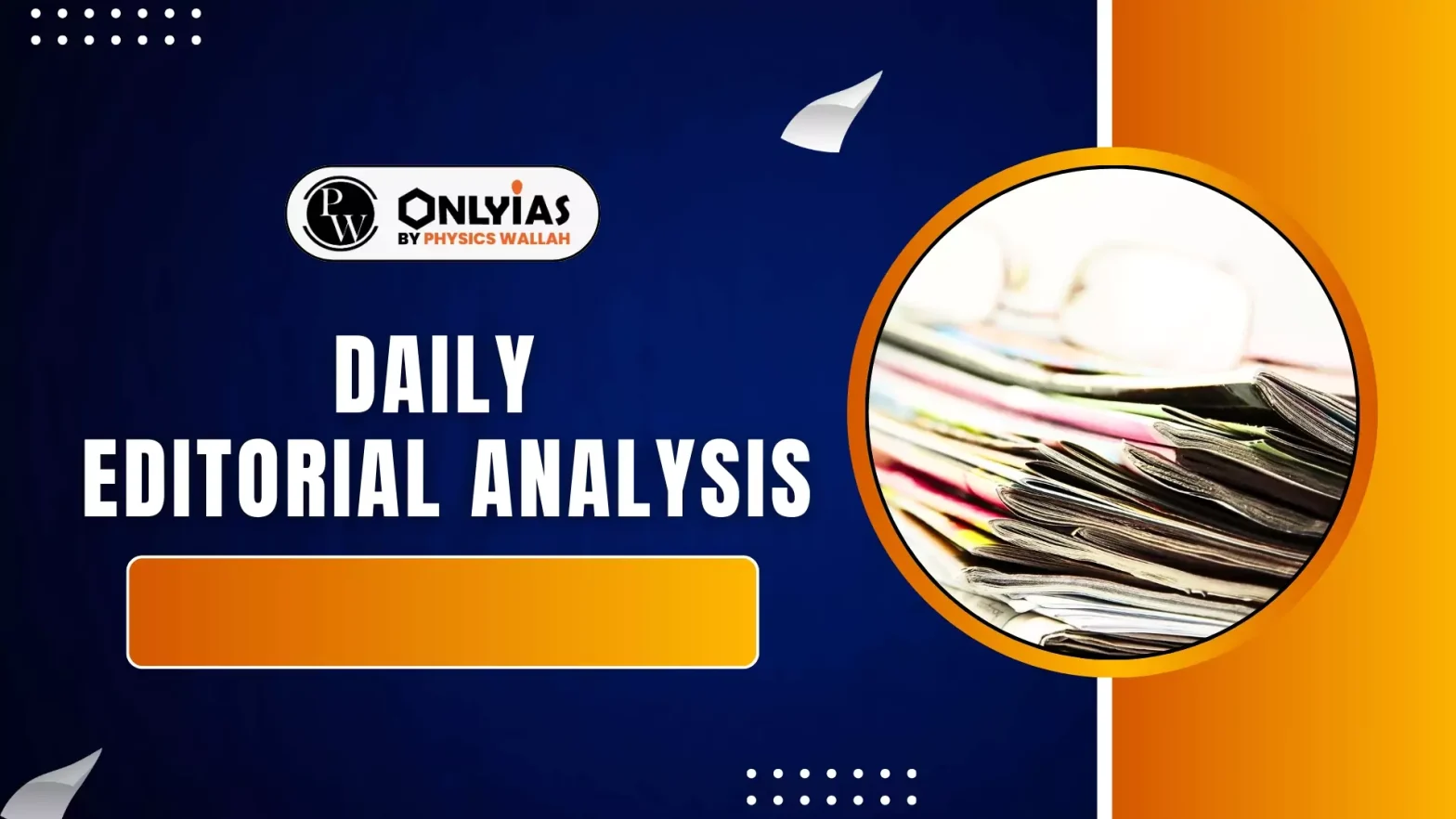The phenomenon of political dynasts in India often attracts public scrutiny, while the rise of political parachutists (individuals entering powerful political roles without grassroots experience) remains largely overlooked.
About Parachute Politicians & Dynasts
- Dynasts: These are leaders who ascend through inherited political networks and family legacy within established political families.
- Parachute Politicians (PPs): Parachute Politicians (PPs) are individuals with no political background who enter politics directly into powerful roles without grassroots experience.
- Their rise is enabled by an influential senior leader acting as an adoptive political patron.
- Often former diplomats, bureaucrats, technocrats, or businesspersons, PPs typically enter via the Rajya Sabha, which offers no need to contest elections, no public scrutiny, and a secure 6-year tenure.
Rise of New Development
- Cabinet Rank to Senior Staff: The phenomenon of parachutists has led to an interesting development: The decision to grant cabinet rank to some who hold very senior staff positions.
- The obvious reason was that their juniors in the civil services were inducted into the cabinet.
Reason Parties and Voters Prefer PPs
- Bias Towards ‘Clean Outsiders’: The middle class sees politics as messy or corrupt and views PPs as clean and efficient outsiders who can reform the system.
- Trophy Value: Parties project PPs as symbols that good people are joining them which improves their public image and credibility.
Challenges with Parachute Politicians
- Weak Public Connection: Democracy requires understanding grassroots realities, which PPs lack due to minimal public engagement.
- No Independent Political Standing: Without their own support base, they are easily sidelined once their utility ends.
- Upward Accountability: Their loyalty is upward toward the leader who brought them in, rather than downward toward citizens.
- Governance Expertise Without Political Skill: Technocratic competence cannot substitute political legitimacy. Example: Dr. Manmohan Singh — excellent economist but lacked political authority, allowing decision-making to shift elsewhere.
- Fear of Bold Decisions: Lacking electoral mandate, PPs avoid tough or risky decisions to prevent displeasing voters.
- Resentment among Party Cadres: Long-serving grassroots workers feel bypassed when outsiders are given tickets or ministries.
Way Forward
- Start at the Grassroots: Professionals should begin their political journey by working directly with people and understanding local issues. Progress should be made step by step. First work at the local level, then take on larger responsibilities, and finally aim for leadership roles.
- Earn Legitimacy through Elections: They should contest elections to gain public trust and democratic legitimacy.
Conclusion
The rise of parachute politicians marks a new trend in India’s political evolution, reflecting a shift from mass-based politics to elite-driven governance. While they bring administrative expertise, sustaining democracy requires leaders who command both competence and public legitimacy.
![]() 7 Nov 2025
7 Nov 2025

